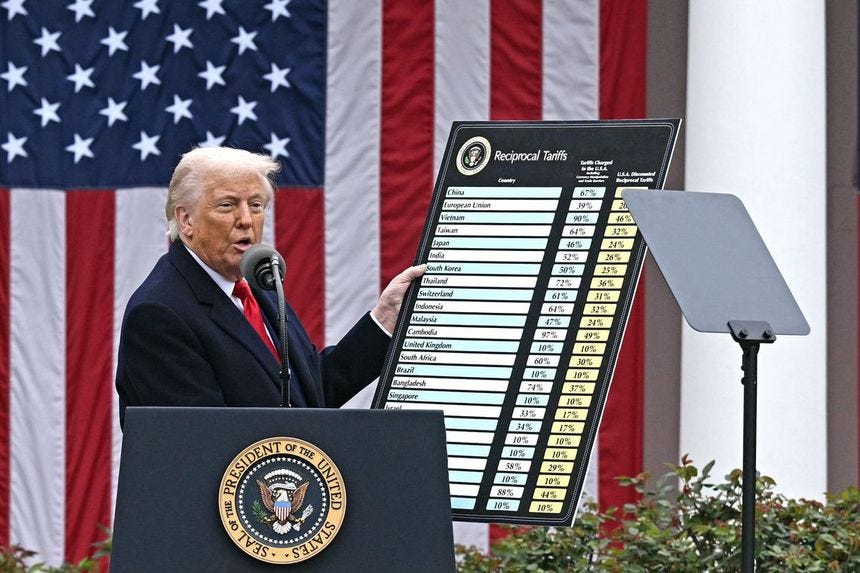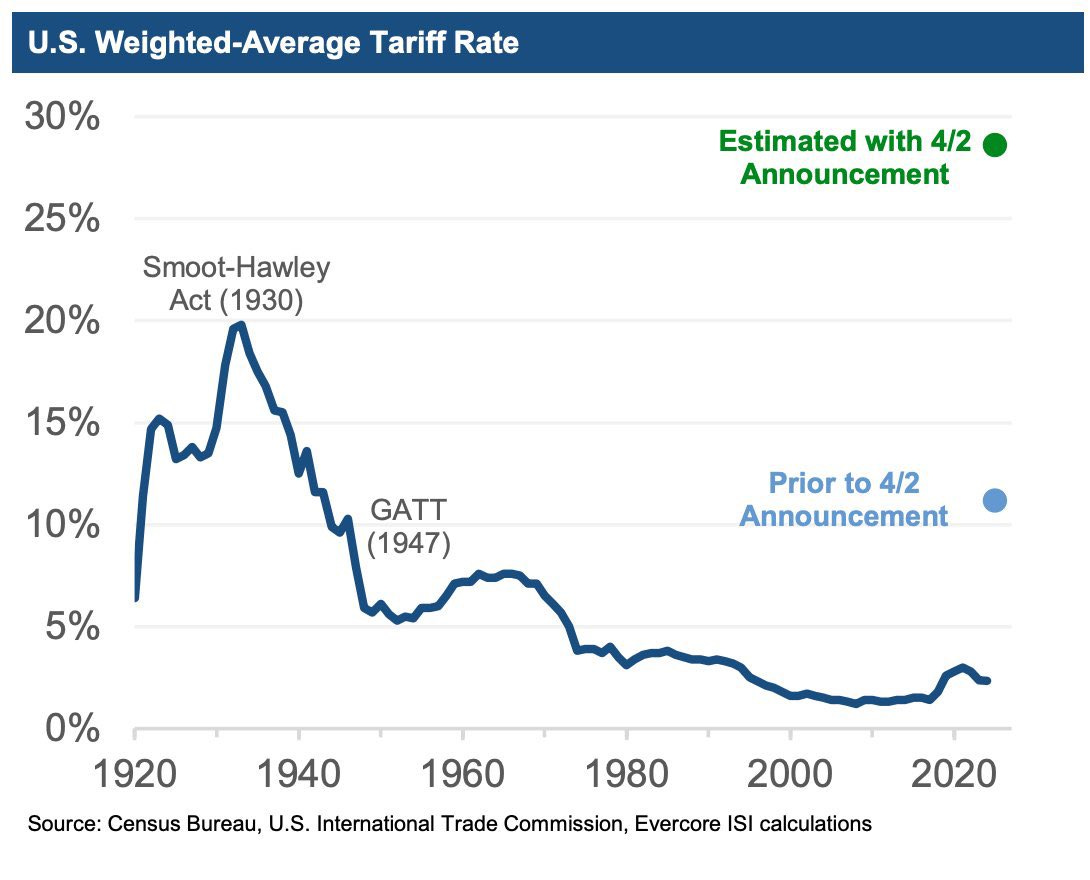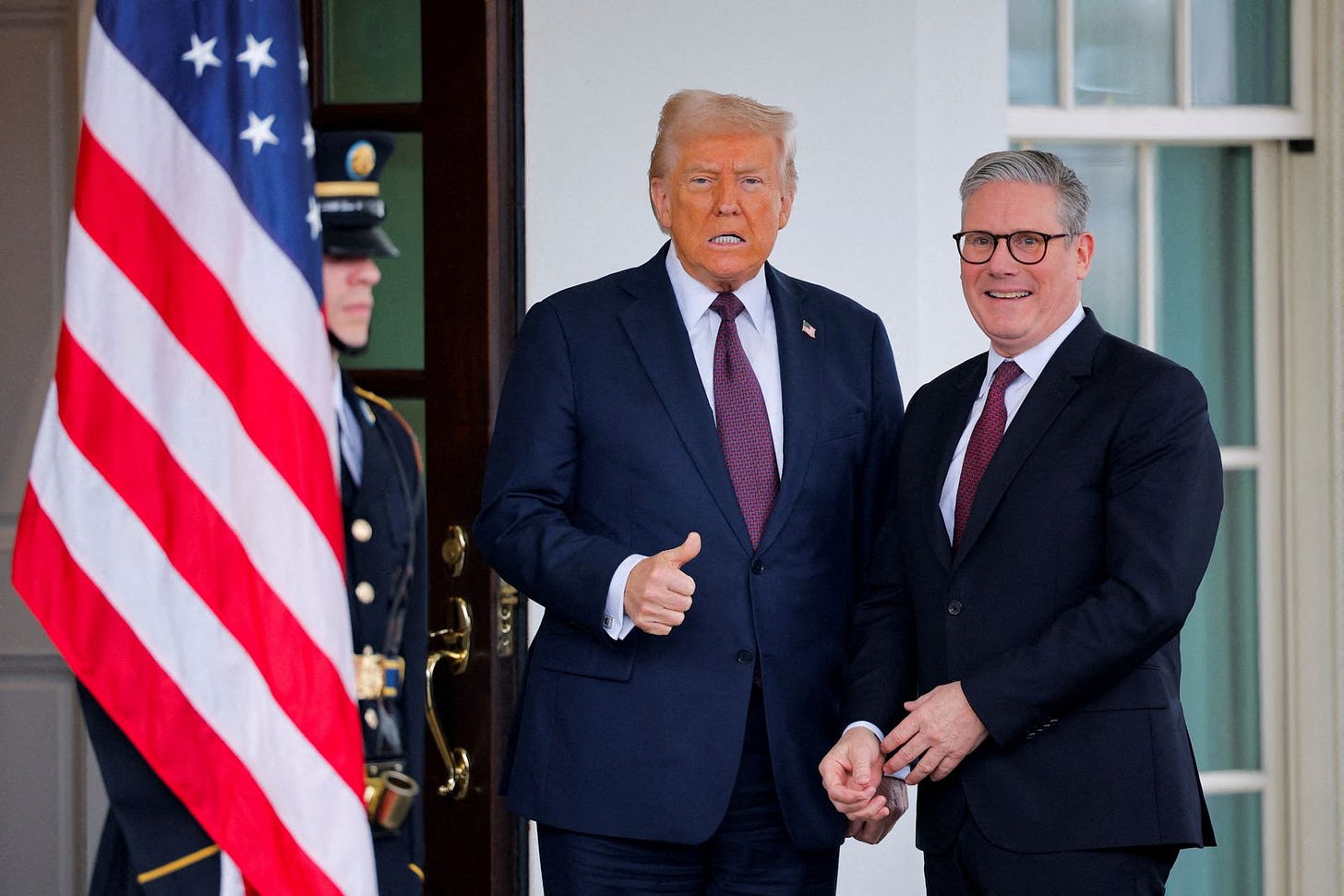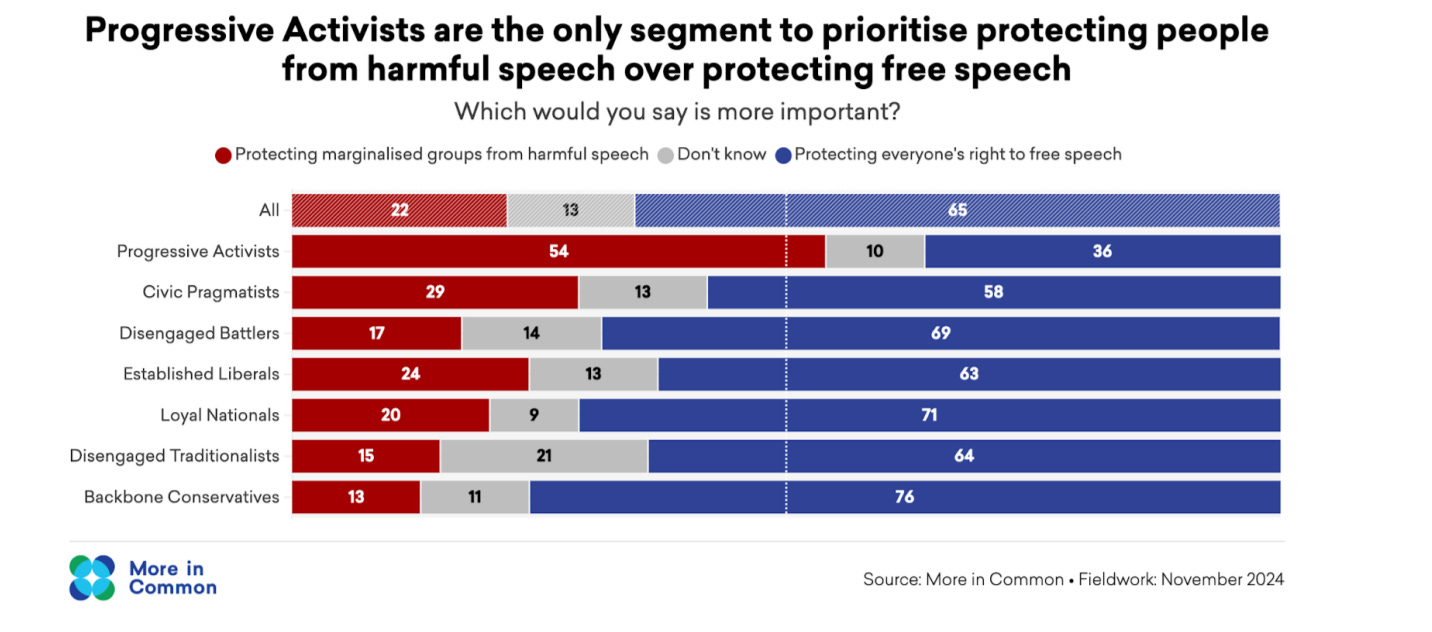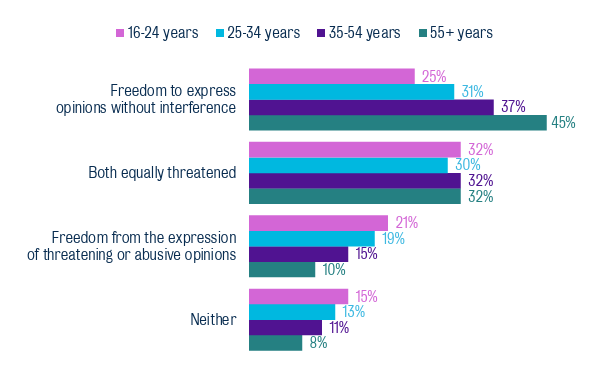This is how they kill free speech. It's not through Twitter suspensions or cancel culture. It's done the old fashioned way, just like they did it a century ago: With thugs in masks bundling someone into the back of a car.
Rumeysa Ozturk was walking down the street in Somerville, Massachusetts, when she was approached by a man in a hat and a hoodie. At first she tried to be polite. She had that unmistakable look of a woman hoping a threatening stranger was not going to attack her. Then he grabbed her arms. She cried out in fear. Another man appeared and wrenched her phone from her hand. Several other officers appeared wearing masks and sunglasses. They handcuffed her and put her in an unmarked vehicle.
At this point she effectively dropped into the administrative abyss. A district judge ordered law enforcement not to move her out of Massachusetts without two day's notice, but it made no difference. She was shipped to the other side of the country and held in a Louisiana detention facility.
The Department of Homeland security claims that Ozturk, a Turkish psychology student doing a PhD, had "engaged in activities in support of Hamas". Tellingly, secretary of state Marco Rubio did not bother to make that allegation when he responded to the incident yesterday. He suggested that she wanted to "participate in movements that are involved in doing things like vandalising universities, harassing students, taking over buildings, creating a ruckus".
Rubio's suggestion is several steps down from the Department of Homeland claim of terrorism. It essentially amounts to disorderly protest. But there's no more evidence of Ozturk's disorderly protest than there is of her allegiance to Hamas. There's just a March 2024 comment piece in her university's newspaper in which she criticises Israeli foreign policy.
Rubio was clear that foreign students were no longer able to participate in protest movements. "If you come into the US as a visitor and create a ruckus for us, we don't want it," he said. "We don't want it in our country. Go back and do it in your country." Authorities seem to have developed a set tactic when it comes to foreign students they consider ideologically unsound. First they revoke their visa, leaving them with no legal status. Then they effectively kidnap them and send them to a detention centre. Rubio suggested he had been involved in targeting 300 people in this way although who knows. These people lie as easily as they breath.
The Louisiana complex where Ozturk is being held is in a remote former town around 170 miles from New Orleans, making it hard for detainees to access legal advice or communication with family and supporters. It was a hub for immigrant detention during Trump's first term but is now fast developing a reputation for where the Trump administration detains political undesirables.
Mahmoud Khalil, a Palestinian activist who'd been visible in Columbia campus protests last year, is being held there. When his wife showed documents proving he was a green card holder, agents said it had been revoked. Like Ozturk, he was also accused of "activities aligned to Hamas".
Subscribe now
While these individuals are detained, institutions are also silenced. Trump yesterday signed an executive order putting JD Vance in charge of overseeing efforts to "remove improper ideology" from the Smithsonian institute - including museums, research centres and the national zoo. He has also demanded that the women’s history museum does not "recognise men as women in any respect".
Similar actions are being taken against universities. The government pulled $400 million in research grants for Columbia university recently and demanded nine separate reforms, including the presence of security personnel to make arrests on campus and a ban on protests in academic buildings. It also secured academic control, with a demand that the school "ensure the educational offerings are comprehensive and balanced" and that the Middle Eastern, South Asian and African Studies Department were put under "academic receivership". Shamefully, the college agreed to these demands.
Just a quick side note on that. These are the times in which we find out what people are made of. Many people, in the US and around the world, have covered themselves in shame for the manner in which they have preemptively buckled before authority. One day that will haunt them far more than their present acquiescence has convenienced them.
At first sight, this looks like basic fascism and it is. It's precisely what the Nazi's did when they came to power through their Gleichschaltung policy, which ensured all civic bodies were aligned with the Nazi worldview. It's what Viktor Orban has done in Hungary, bringing universities, NGOs and museums into ideological uniformity with the Fidesz movement. The only real difference is the speed of the American societal collapse.
It is also patently a free speech issue. The removal of "improper ideology" is an attempt to eradicate the free speech of institutions. Let's see what happens when they try to talk about the genocide of the native Americans or the treatment of slaves. The demand that a museum does not "recognise men as women" is obviously an attempt to deny the existence of trans people, but it is also the removal of an institution's right to recognise trans people in their displays or communication. The demand that "educational offerings are comprehensive and balanced" allows the government to wipe away inconvenient academic discourse and insert its preferred type in its place.
Subscribe now
Right wing authoritarians are doing what they always do. They’re attempting to destroy free speech. What not been clear, until this point, is whether there are enough progressives who are prepared to stop them.
Free speech started to go out of fashion in left-wing circles in the late noughties. You can see it pretty clear in the data. Recent More in Commons research, for instance, found progressive activists were more likely to prioritise protecting people from harmful speech over protecting free speech. A King's College study with Opsos Mori found 60% of those aged 55 and above disagreed with no-platforming while just 32% of 16-to-24-year-olds did. The figures are not earth shaking - the Generation Snowflake bollocks has always been overblown - but there was clear movement.
Online, it felt more frenzied than that, probably because the most vocal activist types were overrepresented and the algorithm encouraged their most extreme expression.
I was once in a video game called Watch Dogs Legion. I know that's an absurd sentence, but it happened. I was one of the voices you heard on the radio when you drove around in a car in a future fascist Britain. When the game came out, some online campaigners targeted another contributor because of her views on trans issues, which were critical but well within the realm of acceptable debate. The game developer removed her. I spoke out. I was then hammered for a week or so online. You'd experience it as this great and terrible wave. First Britain would tell you that you are a monster and a scumbag, then America would wake up and reiterate the argument. To defend someone’s free speech was not just wrong in itself. It was an insult to minority groups.
The basic progressive attack was that free speech was just an excuse for hate speech, allowing dominant groups to make marginalised people feel afraid in public space. It derived from colonialist attitudes towards freedom. You can see the broad outlines of this latter aspect in a new book by Fara Dabhoiwala. John Stuart Mill developed the strongest modern argument for free speech. John Stuart Mill was an imperialist. Therefore, John Stuart Mill's "argument about freedom of expression was saturated with imperialist presumptions".
None of this is true. It is simply the assumption that what is bad about a person must necessarily negate what is good about them. More importantly, it fails to understand how crucial free speech is for weaker groups during political conflict. This was why the initial ideas around individual liberty were developed by the Levellers in the English civil war and radicals in the French revolution - because they knew it was their only chance against executive power. It's why they were adopted by campaigners for Indian independence and civil rights activists in the US. The powerful do not need free speech protections. They can do what they damn well like. It is the powerless who require them.
We know what happened next. The populist right embraced free speech as their own. Neuron-free grifters like Piers Morgan and Julie Birchill wrote books about Generation Snowflake. A circus of GB News types warbled on about how easily offended young people were nowadays. None of them had the slightest idea what they were on about.
It was all so tremendously boring. But it was also a disaster. First, it alienated young progressives from free speech values, because the only people they ever saw celebrating them were these absolute clowns. And second, it left one of the most complex and radical principles of political life in the hands of those with the fewest possible brain cells to understand them. Progressives had vacated the land of their birth.
Subscribe now
On the Mark Kermode and Simon Mayo film podcast the other day, something interesting happened. A listener pulled up Kermode on one of his verbal habits. He'd always pronounced Timothée Chalamet's name in a mocking way. They made a short rational argument - why should someone be mocked for having a foreign name, especially given that he'd probably turned down the pressure to anglicise it? At the end of it, Kermode simply replied: ""OK, alright, I'll stop doing it." (You can hear the clip from 01:08:25 here)
I loved him for that. It communicated a central truth. Free speech is not only about aggression. It is also about modesty. It is about receptiveness. It is actually about vulnerability. The idea was not that we would simply scream at one other. It was that we would listen. That our ideas would be improved by being challenged. That the only way for that process to happen was to allow the maximum degree of freedom for communication.
It is an abstract idea, but it is also a practical one. A plan for reforming social security, for instance, will be flawed if we don’t test it against the way that people really live - how much they earn, what work they apply for, how the benefit system responds to a job offer. Our proposal for a transport network will collapse if we do not scrutinise it for traffic flow and human behaviour. It is only by exposing ourself to arguments and information that we develop viable policy.
How interested are the right-wing free speech warriors in hearing other people's ideas? Not at all. How likely are people like Morgan or Burchill to change their view? Not in the slightest.
Elon Musk claims to be a free speech absolutist. Obviously this is laughable politically - he rigged his site to promote people who agree with him and bury those who do not. But it is also extremely telling practically. The reason he is making such a godforsaken mess of things at his made-up efficiency initiative is precisely because he does not try to assess the information which contradicts his instincts.
They thought free speech was about machismo: thrusting, penetrating, dominating, talking over, shouting above. They did not understand that it is about taking in, about absorbing. And so now they fall about pathetically, without the values which would offer them guidance.
Subscribe now
In a speech in Arizona last week, the left wing Democrat Alexandria Ocasio-Cortez said: "I want to live in an America where you have free speech to express yourself and not be afraid of being put on a list or deported." The applause rang out around her. But it wasn't just that. Those words fit like a glove. They were the kinds of things which progressives used to say, the kind of territory they used to stake as their own. They were the kind of principles we once felt confident defending. And now, perhaps, will again.
A new generation of activists are learning one of the core liberal lessons: That liberty never belonged to the tyrants. It was always the weapon of the marginalised. If we’ve any luck, progressives will now rediscover these values, just in the nick of time.
Odds and sods
My i column this week was on the Spring Statement, obviously, and my increased sense of alarm that the chancellor has got herself stuck in a damaging economic and political position. Honestly, watching her fiddle around with the numbers, at a huge cost to those involved, so she could rebuild the same headroom she had last time with no effort to insulate herself against the same reevaluation next autumn was dispiriting in the extreme. It's suggestive of a government which simply doesn't have any idea of what to do except hope for the best. I also took part in the i verdict on cuts, which you can find here and I took part in this i documentary about Nigel Farage, in which I offered my usual sense of gushing praise. Or suggested he was a cunt. One of the two.
Oh and for culture: Sorry, it's Adolescence. I know. An incredibly boring suggestion. I don't want to join the massed ranks of advocates either. But the thing is: it's very, very good.
See you next week, have a lovely weekend.


